
Camping may be about getting close to nature, but research by US scientists suggests the effects can be more potent than we might have thought. The study by the University of Colorado, Boulder, has found that spending just one week exposed only to natural light while camping in the Rocky Mountains was enough to reset people's circadian clocks with the timing of sunrise and sunset.
In the study of eight participants, published online yesterday in the journal Current Biology, the body clock synchronization happened in that short space of time regardless of whether a subject was habitually an early bird or a night owl during their normal lives.
'What's remarkable is how, when we're exposed to natural sunlight, our clocks perfectly become in synch in less than a week to the solar day' said CU-Boulder integrative physiology Professor Kenneth Wright, who led the study.
Electric lighting affects our internal circadian clocks, which tell our bodies when to prepare for sleep and when to wake up. During routine indoor life we're habitually exposed to light much later into the night than would be possible naturally. Thanks too to the lesser intensity of artificial lighting, and its colour - which unlinke sunlight does not change through the day - our body clocks can end up all over the place.
To quantify the effects of electric lighting a research team led by Wright, who is also director of CU-Boulder's Sleep and Chronobiology Laboratory, monitored the eight participants for one week as they went about their normal daily lives wearing wrist monitors that recorded the intensity and the timing of their exposure to light, and their activity.
The researchers also recorded the timing of participants' circadian clocks in the lab by measuring the presence of the hormone melatonin. The release of melatonin is one of the ways our bodies signal the onset of our biological nighttime. Melatonin levels decrease again at the start of our biological daytime.
The same metrics were recorded during and after a second week when the eight participants went camping in Colorado's Eagles Nest Wilderness. During the week, the campers were exposed only to sunlight and the glow of a campfire. Torches and personal electronic devices were not allowed.
On average, participants' biological nighttimes started about two hours later when they were exposed to electric lights in daily live, versus the week of camping, and they also woke up before their biological night had ended.
But after the camping trip — when the subjects were exposed to four times the intensity of light compared with their normal lives — participants' biological nighttimes began near sunset and ended at sunrise. They also woke up just after their biological night had ended. Coming into synch with sunset and sunrise happened for all individuals even though the measurements from the previous week indicated that some people were prone to staying up late and others to getting up earlier.
'When people are living in the modern world, living in these constructed environments, we have the opportunity to have a lot of differences among individuals' Wright said.
'Some people are morning types and others like to stay up later. What we found is that natural light-dark cycles provide a strong signal that reduces the differences that we see among people ...dramatically.'
'Our genes determine our propensity to become night owls or early birds in the absence of a strong signal to nudge our internal circadian clocks to stay in synch with the solar day.'
The study may be useful in helping find solutions for people struggling with difficult sleep patterns, say researchers.
All very interesting. But did they account for the possible effects of simple boredom on their results? When you're camping and it gets dark there's not much to do at the best of times; but if you're denied even a headtorch then what choice is there but go to bed early?

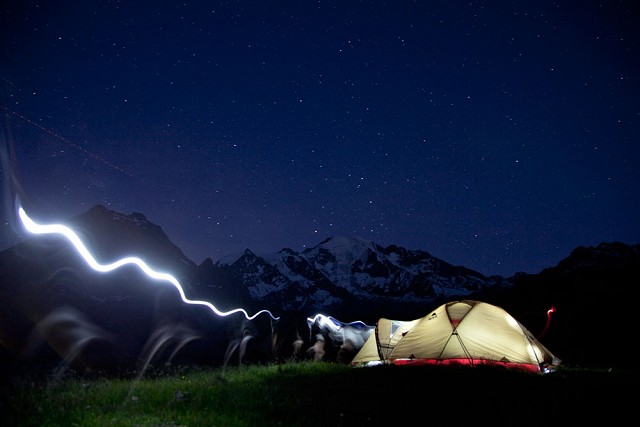







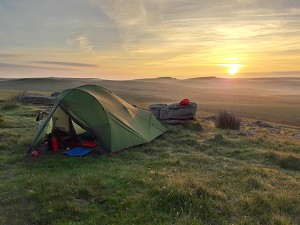
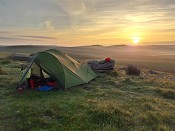
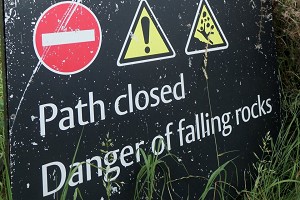
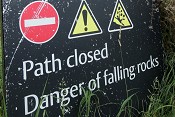
Comments